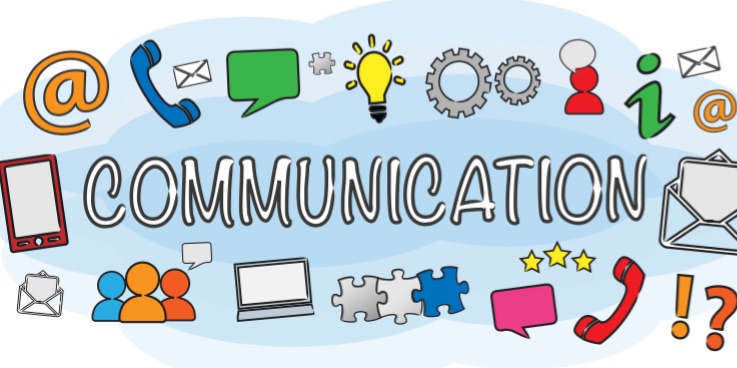-
So what’s the issue with blackface?
April 2016

A recent incident involving Australian women’s national basketball team player Alice Kunek posting a photo of herself with her face painted black for an end-of-season dress up party invoked public outrage and condemnation from many, including her team-mate Liz Cambage, whose father is Nigerian. Kunek apologised for her choice of a blackface costume at the Melbourne Boomers party, saying she didn't intend to offend anyone.
Read More
-
Supporting mental wellness
August 2016

There is a new phrase you are likely to hear more of around sports clubs in coming years — mental health literacy. It is the concept of increasing the ability of players, parents and coaches to recognise the signs of mental illness among people in their club, and to be able to initiate a conversation and point to resources that might help.
Read More
-
Coaching kids - making it mixed, fun and fair
February 2016

Junior sport should be all about fun, but it also offers a host of other opportunities for children to gain social skills, build self esteem, learn about fair play, meet people from different social and cultural backgrounds, and develop physical skills.
Read More
-
Eating disorders and sport
July 2016

Eating disorders are serious mental illnesses that can have devastating impacts on the person experiencing the disorder and their family or friends. Anyone can develop an eating disorder – including sportspeople.
Read More
-
Creating a bully free environment
June 2016

There is no two ways about it: bullying has no place in sport. What is bullying? It’s all about power!
Read More
-
Gambling on sport - is it a problem?
May 2016

It's happening more and more often - live betting odds being offered by online betting agencies in local sport leagues. It's happened in Canberra soccer football leagues and in Victorian gridiron competitions. Think it can’t happen to your sport or in your local area? Think again.
Read More
-
Understanding complaint handling
May 2016

In the perfect world there would never be any complaints and we wouldn't need to understand anything about complaint handling. Unfortunately we don't live in a perfect world. Things can go wrong and people have a right to complain and have their concerns listened to and dealt with.
Read More
-
Keeping our most vulnerable children safe
November 2016

While some children are more vulnerable to abuse based on factors including age, gender, ethnicity, disability and prior abuse or neglect, some may also be more vulnerable because of situational factors...
Read More
-
Women on Board
October 2016

Next time you’re playing sport have a look around - how many women do you see? Do women hold leadership positions in your club or sport? Are there female coaches? Chances are women are well represented on the field, but what about the management committee or Board?
Read More
-
Wise words shaping our club culture
October 2016

Every day in our sports clubs and organisations our words are shaping the reality of our club culture and of the individuals who take part in our activities. Often this has more significance than our clubs’ written words and codes of conduct.
Read More
-
When interests collide - Dealing with conflict of interest
September 2016

Mum and dad volunteers are the backbone of grassroots sport in Australia. They lead our sporting clubs and are usually heavily involved in other areas of the community. As a result, the potential for conflicts of interest are common in the club setting and are sometimes impossible to avoid.
Read More
-
The rise of emotional abuse in children's sport
April 2017

Emotional abuse is the most common form of injury in children’s sport. It largely goes unseen but can have profound and long-term effects, not just on the sports field.
Read More
-
It's not what sport children play, but how they play it that matters
April 2017

Sport is massive and it’s everywhere: on TV, in videogames, and on the streets. As a consequence, myths about the inherent greatness of sport have grown. One such myth is the belief that sport itself is ideally suited to help disadvantaged young people.
Read More
-
Everyone matters! How design thinking and universal design principles could help us build better & more inclusive sport programs
August 2017

Inclusive design takes into account the broad range of diversity in our society such as age, gender, race, culture, language, socio economic background, ability, sexual orientation and other types of difference.
Read More
-
Club communication tips
December 2017

Play by the Rules is all about fair, safe and inclusive sport and recreation. Many clubs have great practises in this area, with good leadership, policies and programs in place. But do you tell your members about it?
Read More
-
Do coaches need knowledge of impairment to coach people with disability?
July 2017

How much knowledge of impairment, if any, does a coach need to coach a person with a disability? In this article we discuss the issue to help shed some light on a question that's been debated for years.
Read More
















